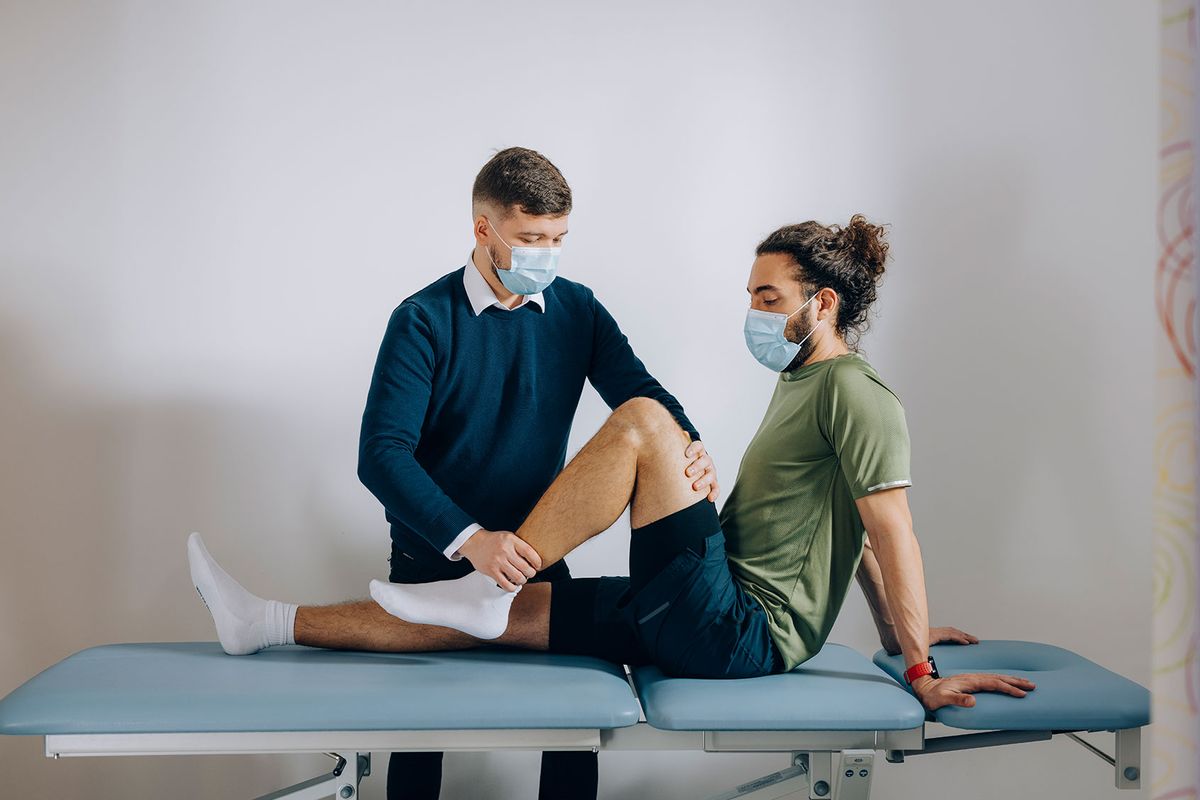From schizophrenia to toe rashes to shrunken brains, there’s a growing laundry list of bizarre ways that a COVID-19 infection impacts the body. A study published today found a new link between a COVID-19 infection and a rare autoimmune illness called Guillain-Barré syndrome (GBS).
Last month, indie rock singer Sufjan Stevens shared that he was on the road to recovery after losing his ability to walk from GBS. Affecting between 3,000 and 6,000 people in the U.S. each year, this rare disease occurs when the immune system attacks itself, usually stemming from viral infections, respiratory illness or, in very rare cases, vaccinations. Usually, patients start to feel tingling in their legs before losing their ability to walk, which can lead to long-term paralysis — although symptoms usually clear up in a few weeks if treated in time.
In the study, published in Neurology, researchers found 12% of people diagnosed with GBS during the study period had a COVID-19 infection within the past six weeks, compared to 2% in a matched group of control individuals. (The total number of cases was low, at 76 among 3 million patients.) However, they also found that those with mRNA vaccinations had their risk for developing GBS cut by half. Another study in the journal Brain published last year found no association between COVID-19 and GBS. In an editorial accompanying the new study, Drs. Dennis Bourdette and Elizabeth Silbermann of Oregon Health & Science University suggested the low number of cases detected may explain why an association wasn't picked up before.
"We can tell patients that they are much more likely to develop GBS from COVID-19 infection than from an mRNA COVID-19 vaccination," they wrote.



Shares